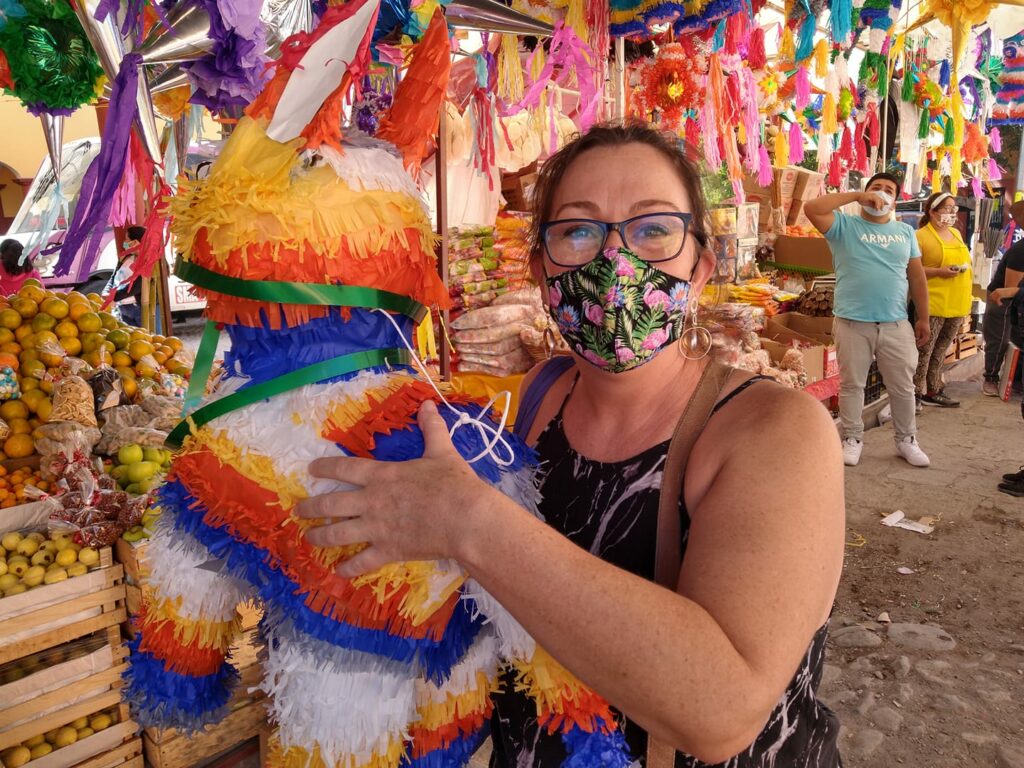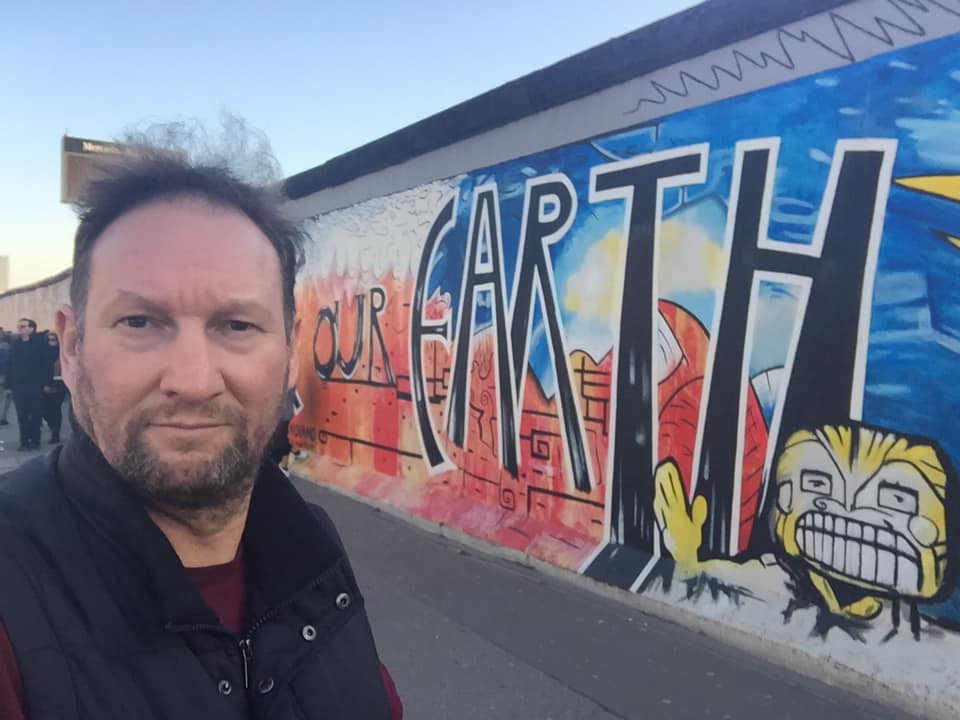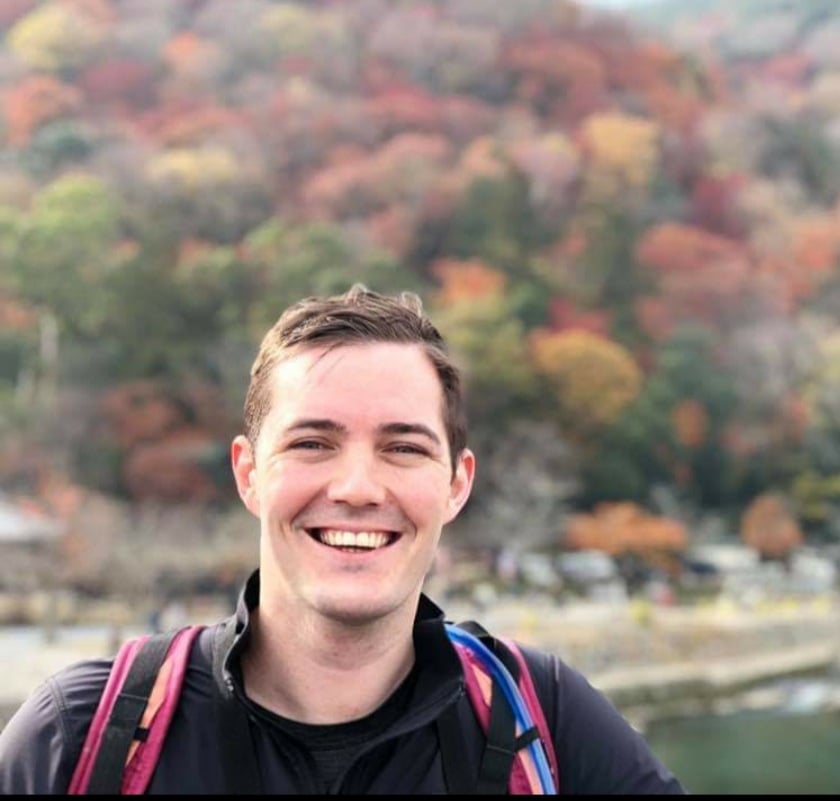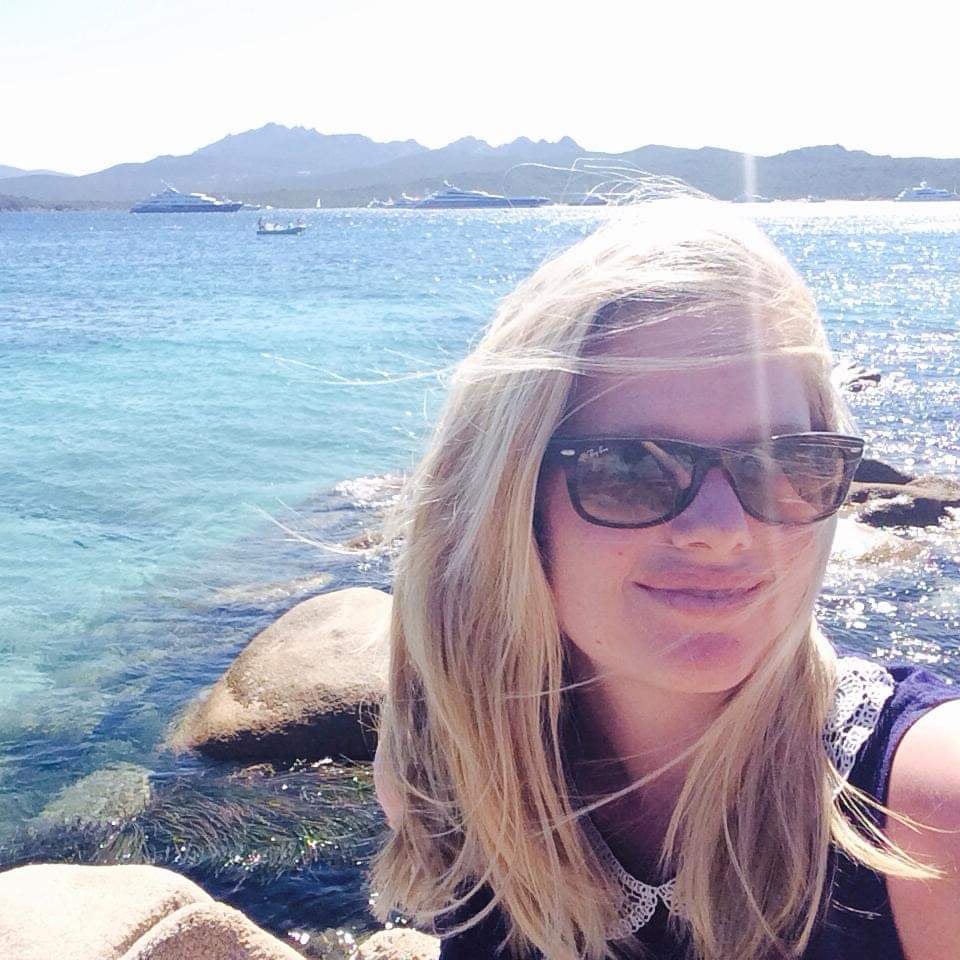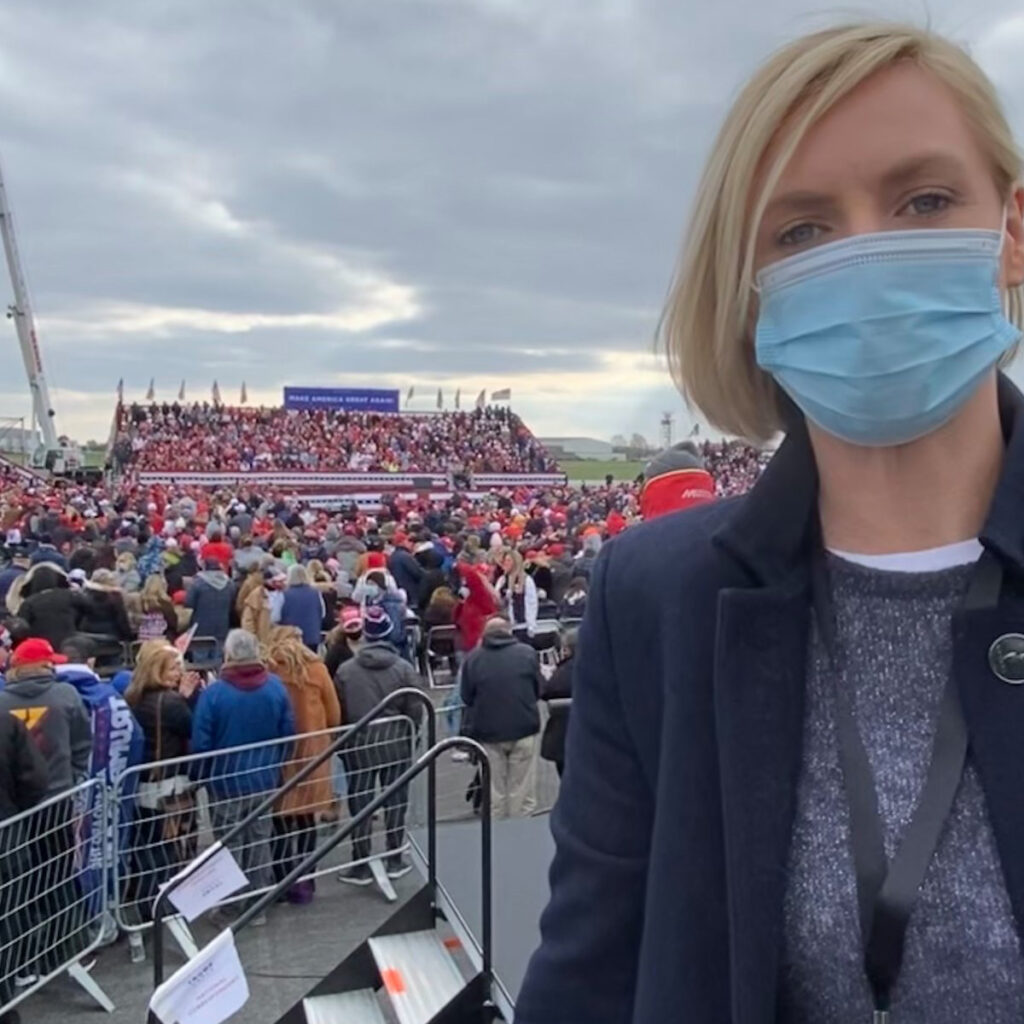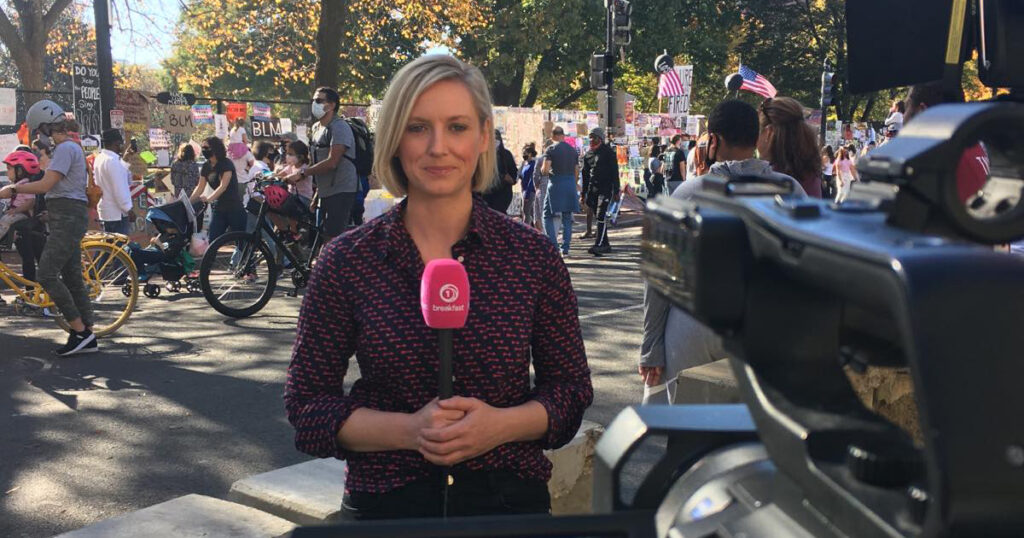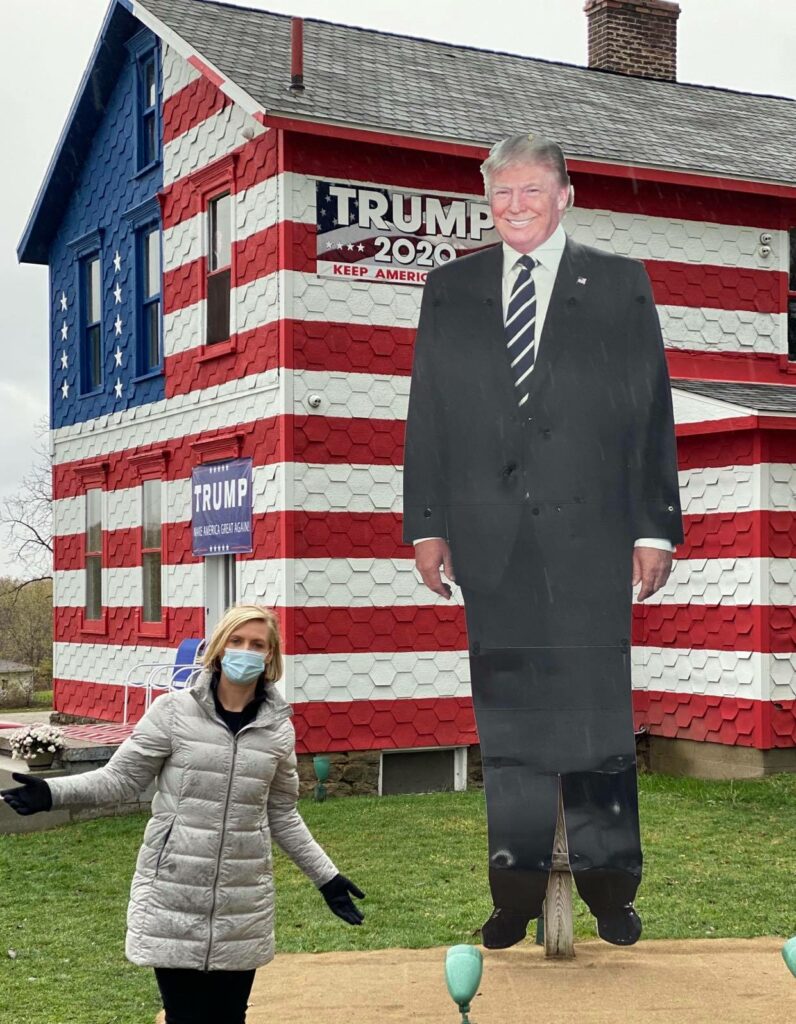When Adrian left New Zealand in 2006 it was to work in an industry that hadn’t yet reached Kiwi shores.
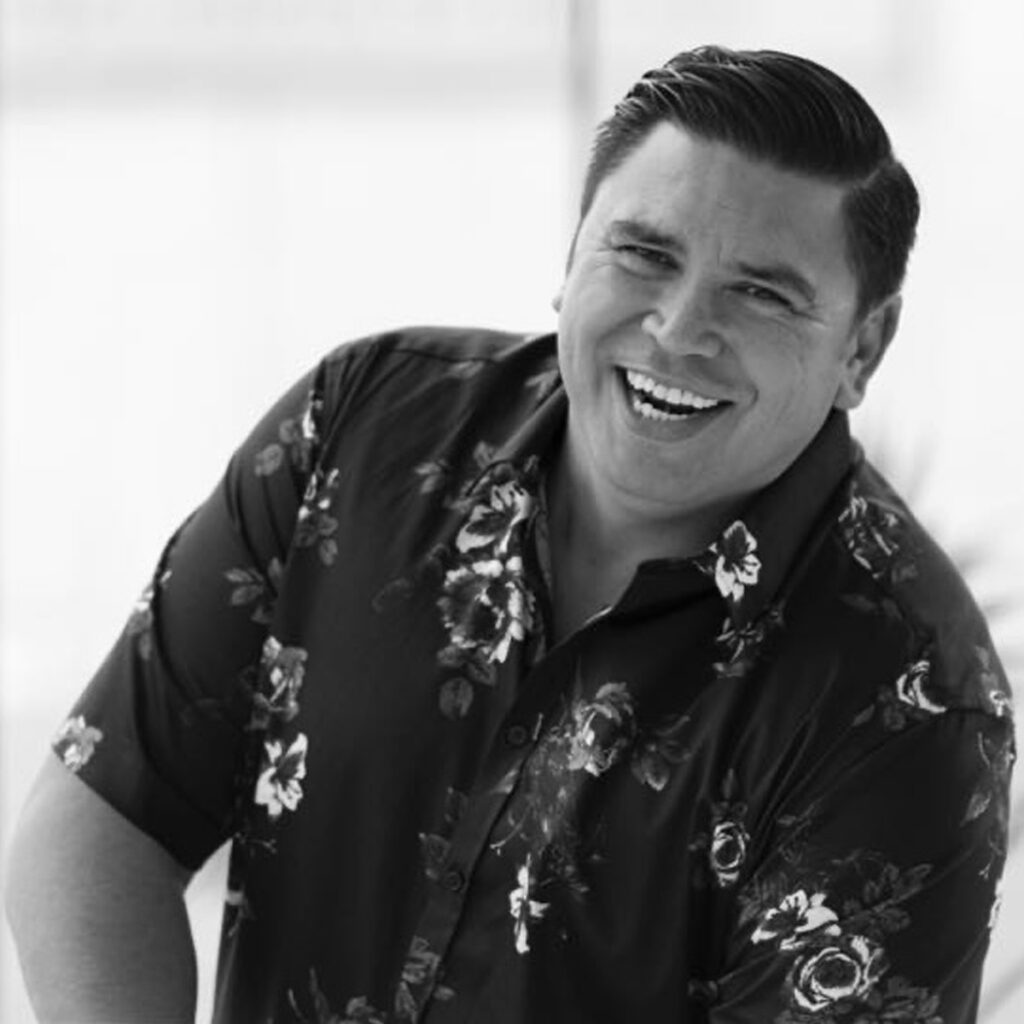
A Hamilton boy born and bred, he studied at Waikato University, where he completed his Masters in Marketing Strategy and Information systems. Adrian says he was ready to “change the world via digital transformation” the only problem was New Zealand wasn’t quite in that space.
“I was mad for digital, it was all I was interested in, so in 2002 I started looking for jobs with a digital lens. However I quickly realised those didn’t exist. I ended up working in marketing and volunteered for any project that was even remotely digital focused, if someone needed a website built or an email newsletter created I put up my hand. When some friends said they were heading over to the UK in 2006 and I realised I could specialise in digital transformation over there I didn’t need to think it over.”
Following his move to London, Adrian spent the next 15 years working in the Financial Services sector for some of the UK’s biggest banks. Then in late 2020 he learned his parents’ health was deteriorating and realised it was time to come home.
Returning to his family home in Hamilton Adrian says one of the things that’s surprised him the most is how far Aotearoa has come in embracing biculturalism.
“I’m a Māori boy, and I was very enthusiastic to see what was going on through the Māori lens, and to see how far New Zealand has come. It’s very heartening. I love how much more the culture has been integrated into mainstream society, Māori just seems like a normal part of New Zealand now, which I love.”
Adrian’s keen to see New Zealand continue to move forward in this space and would love to see more young Māori take up roles in the technology sector.
“We need to find ways to encourage Māori students into STEM subjects in school, especially those who are naturally numerate, we also need more Māori in Senior technology roles so that the next generation have someone to look up to. I would also like to see our schooling system embrace the principles of tikanga – what we do, and kawa – how we do it. That would allow us to foster an environment that gives Māori students the greatest chance to succeed, and one that is better suited to supporting natural Māori learning styles for example group discussions.”
He’d also like to see Maori have better access to capital to enable them to start their own businesses and in time be able to create wealth for themselves and their Whānau.
“If I had the money, I’d collar all of my very talented Māori friends and cousins, and build a Māori bank, with a specific emphasis on building educational tools and financial solutions that better meet the needs of Māori. I feel that this could go a long way to improving financial outcomes for Māori, and start to close the inequality gap we see today.”
Reunited with his family, Adrian is now looking for the right role and says he’s pleased to see more digital focused roles, although he still feels New Zealand has a lot of untapped potential when it comes to true digital transformation.
“I think we need to recognise that New Zealand is a relative latecomer to the digital transformation party, and our lived experience in this area is a bit light. New Zealand businesses have an opportunity to get the maximum benefit from returning Kiwi with this kind of background. They simply need to give them the space to share their experience. Ask questions. Learn. Not all of it will be applicable, but a lot will be, and this knowledge could save your organisation an awful lot of time and money.”

 MENU
MENU

